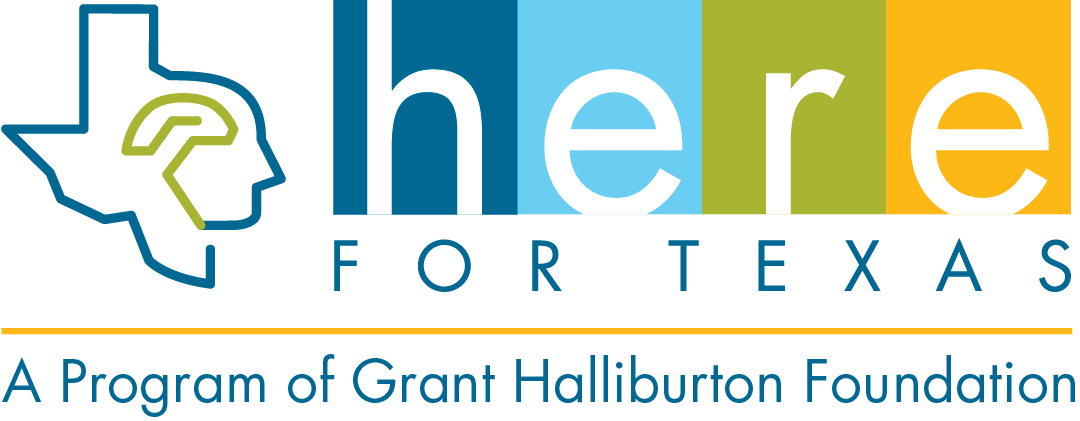Intellectual Disabilities
(Mental Retardation)
What is Intellectual Disability?
Intellectual disability is a condition diagnosed before age 18 that involves impairments of general mental abilities that impact functioning. It is characterized by deficits in intellectual functioning (learning, reasoning) and a lack of skills necessary for daily living (adaptive functioning). Previously, this condition was called mental retardation, a term no longer used. Many people lead productive lives and learn to function on their own. Others need a structured environment to be most successful.
+ How Common is Intellectual Disability?
Intellectual disability affects about 1 percent to 3 percent of the population. In approximately 85 percent of cases, the degree of disability is considered mild. Most of the time, the source of intellectual disability is unknown, but some cases can be attributed to abnormal chromosomes (such as Down syndrome), infections, exposure to toxins, head trauma, problems during pregnancy or birth, and nutritional or environmental factors, among others.
+ Signs and Symptoms
Signs of intellectual disability in a child include any of the following:
- Lack of or slow development of motor skills, language skills and self-help skills, especially when compared to peers
- Failure to grow intellectually or continued infant-like behavior
- Lack of curiosity
- Problems keeping up in school
- Failure to adapt (adjust to new situations)
- Difficulty understanding and following social rules
+ Diagnosis
Intellectual disability is identified by limitations in the person’s ability to function and perform everyday life activities. It is diagnosed through a combination of standardized tests and clinical assessment. The symptoms of intellectual disability must begin during childhood or adolescence. Delayed motor, language and social milestones may be identifiable by age 2. Symptoms can range from mild to severe. However, mild levels may not identifiable until school age when a child may have difficulty with academics.
According to the American Psychiatric Association, impairments in adaptive functioning must occur in three areas:
Conceptual – language, reading, writing, math, reasoning, knowledge, and memory
Social – empathy, social judgment, interpersonal communication skills, the ability to follow rules, and to make and retain friendships
Practical – self-management in areas such as personal care, job responsibilities, money management, recreation, and organizing school and work tasks
Adaptive functioning is assessed using standardized measures with the individual and by interviewing others, such as family members, teachers and caregivers. Previously, diagnosis depended in part on full-scale IQ tests with a score of 70 or below. While an IQ score of 70 to 75 indicates a significant limitation in intellectual functioning, it must be interpreted in the context of impairments in general mental abilities and may not accurately reflect overall intellectual functioning.
A diagnosis of intellectual disability often determines eligibility for services and protection of rights, such as special education services and home and community services.
+ Co-occurring Conditions
Some mental, neurodevelopmental, medical, and physical conditions frequently co-occur in individuals with intellectual disability including cerebral palsy, epilepsy, and mental and neurodevelopmental disorders such as ADHD, depression, anxiety disorders, and autism spectrum disorder. That is why it is also important for a specialist to evaluate the person for other physical and mental health problems.
+ Treatment
Intellectual disability generally is a lifelong condition. However, early and ongoing intervention with appropriate, personalized supports often improves functioning and enables individuals to thrive during their entire lives. The goal of treatment is to develop the person's potential to the fullest. The outcome will depend on the severity and cause of the intellectual disability, the presence of other conditions, and the particular treatment and therapies.
Once a diagnosis is made, the focus is on looking at the individual’s strengths and needs and the supports he or she needs to function at home, in school/work, and in the community. Services for people with intellectual disabilities and their families provide support to allow full inclusion in the community. These services may include:
- Early intervention
- Special education
- Family support (for example, respite care)
- Transition services
- Vocational programs
- Day programs
- Residential options
- Case management
Special education and training may begin as early as infancy. This includes social skills to help the person function as normally as possible. Persons with intellectual disability often benefit from behavioral counseling. Support groups are also helpful for individuals and their families. With proper support, many people with intellectual disabilities are capable of successful, productive roles in society.
Sources:
American Psychiatric Association
The Arc
Medline Plus
Helpful Links:
American Association on Intellectual and Developmental Disabilities
